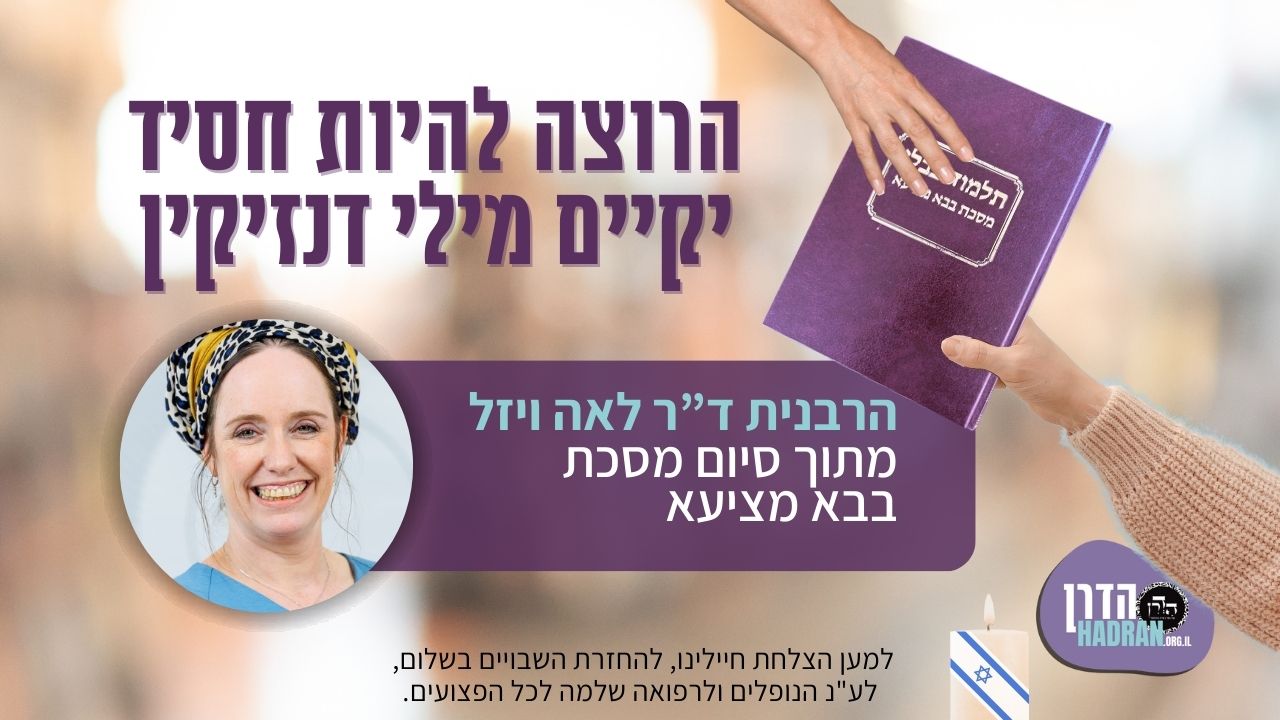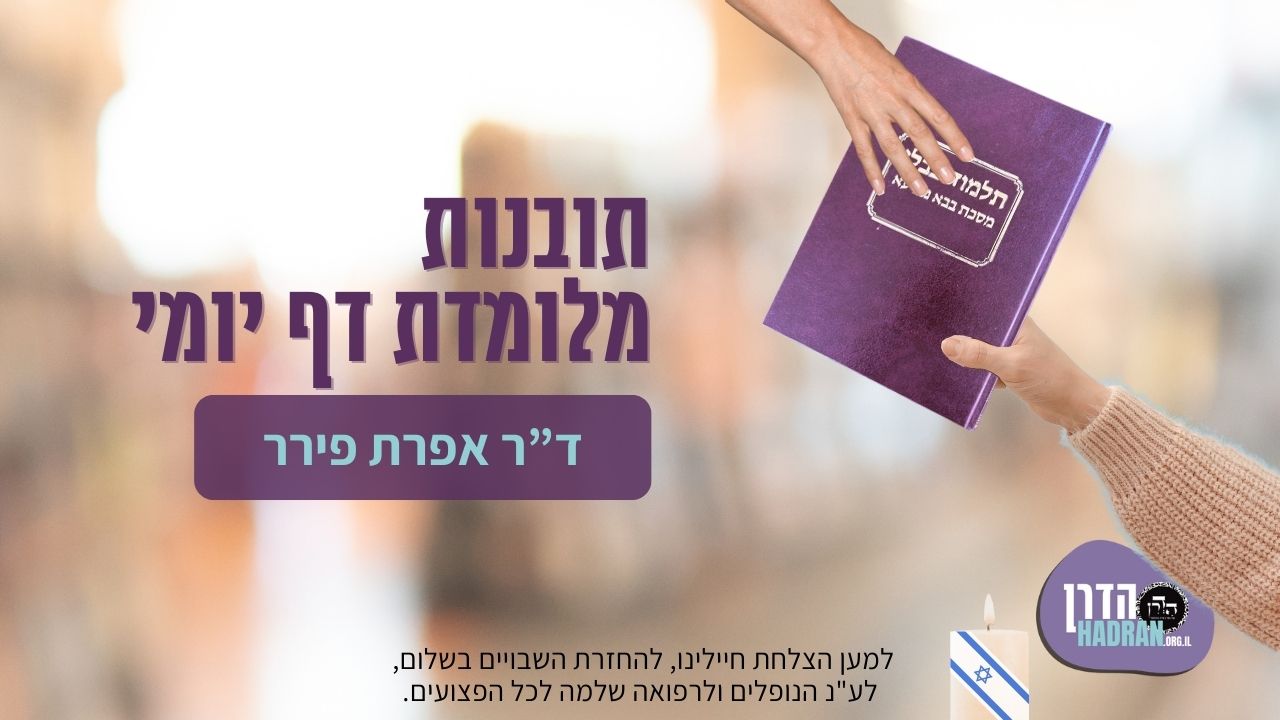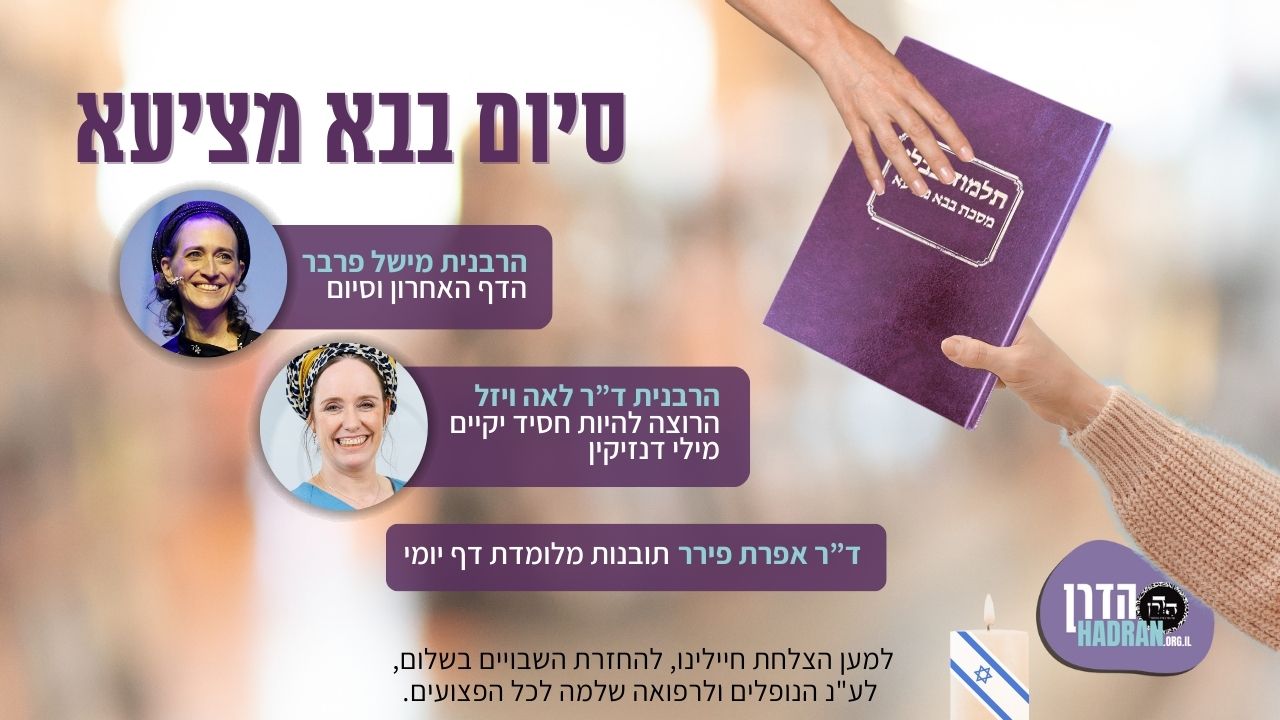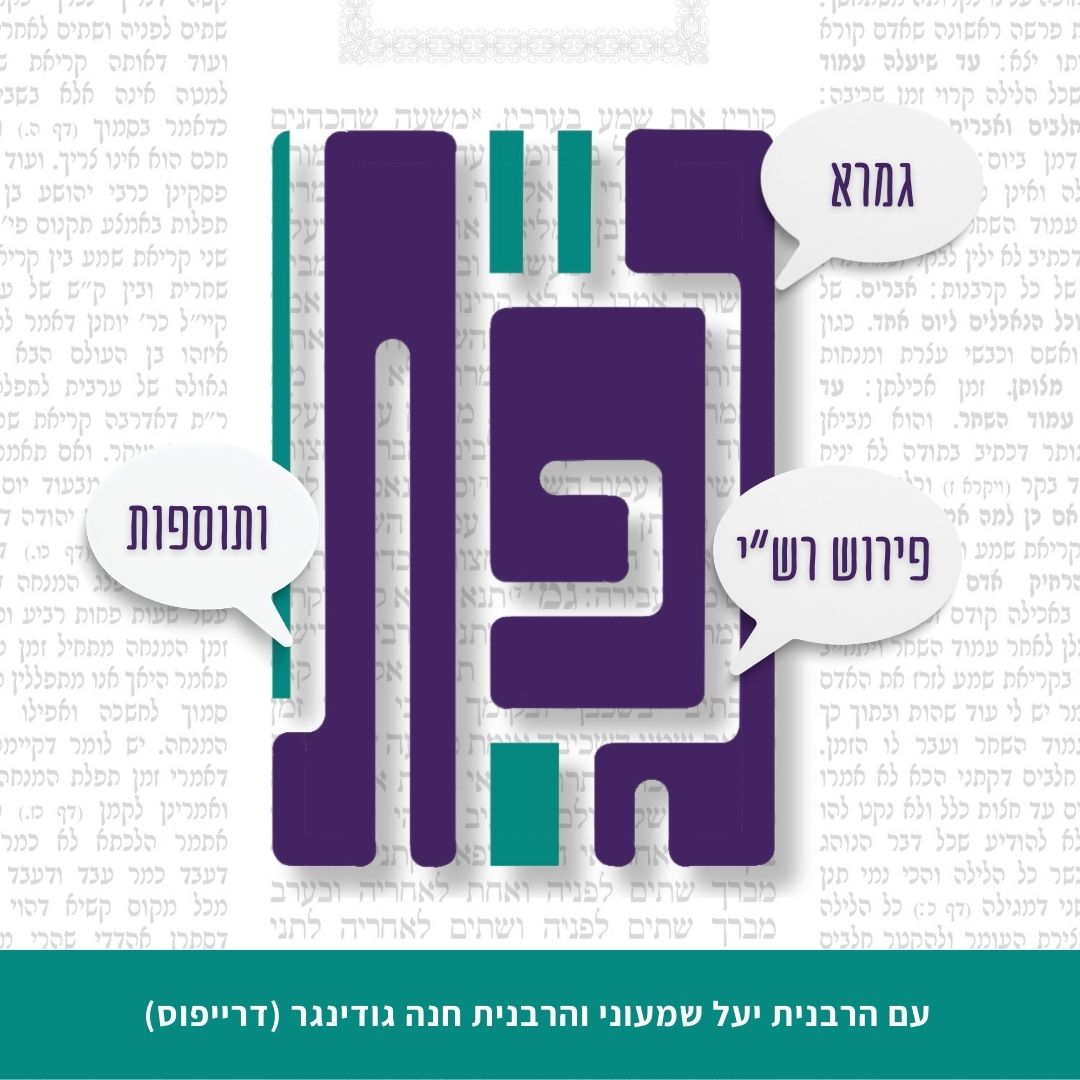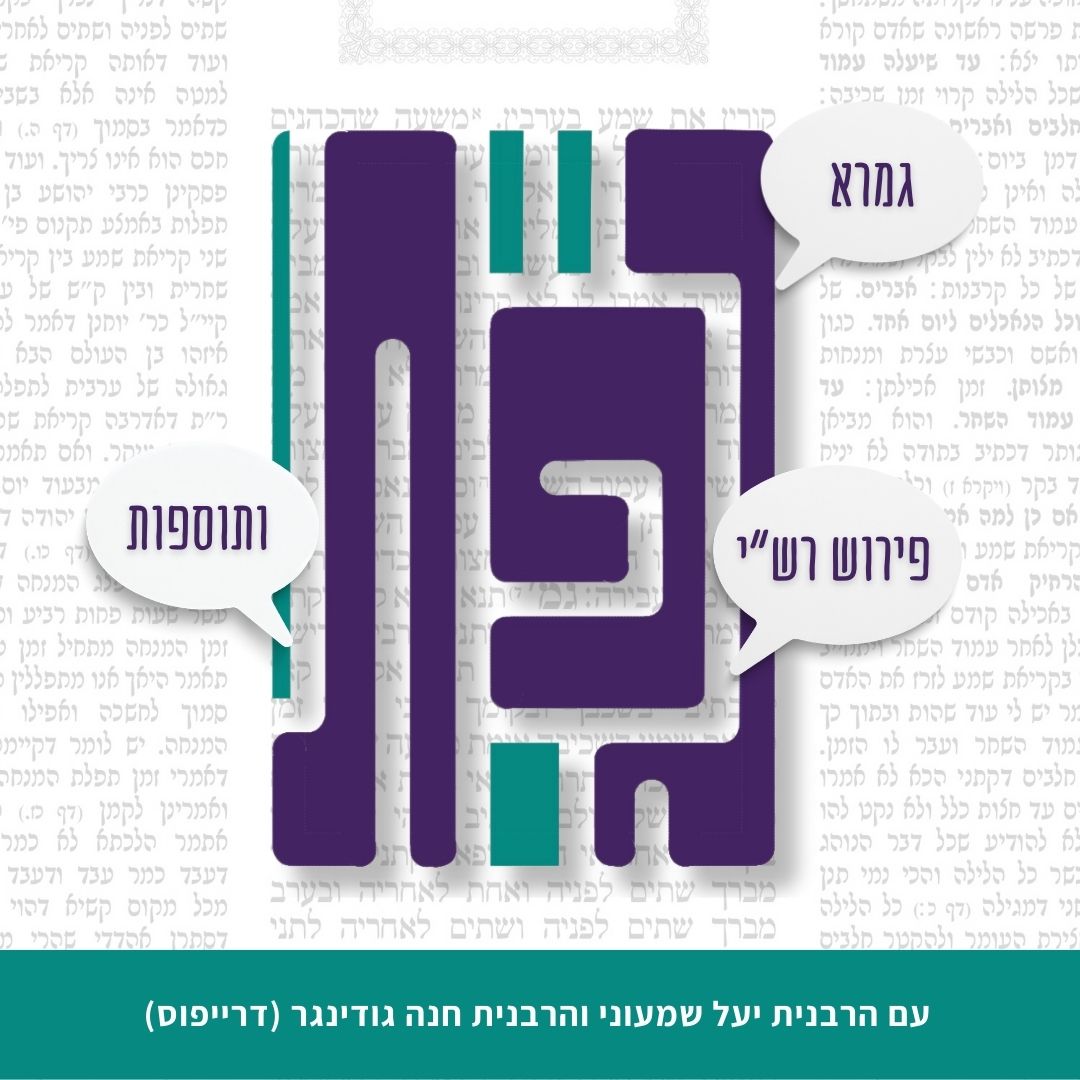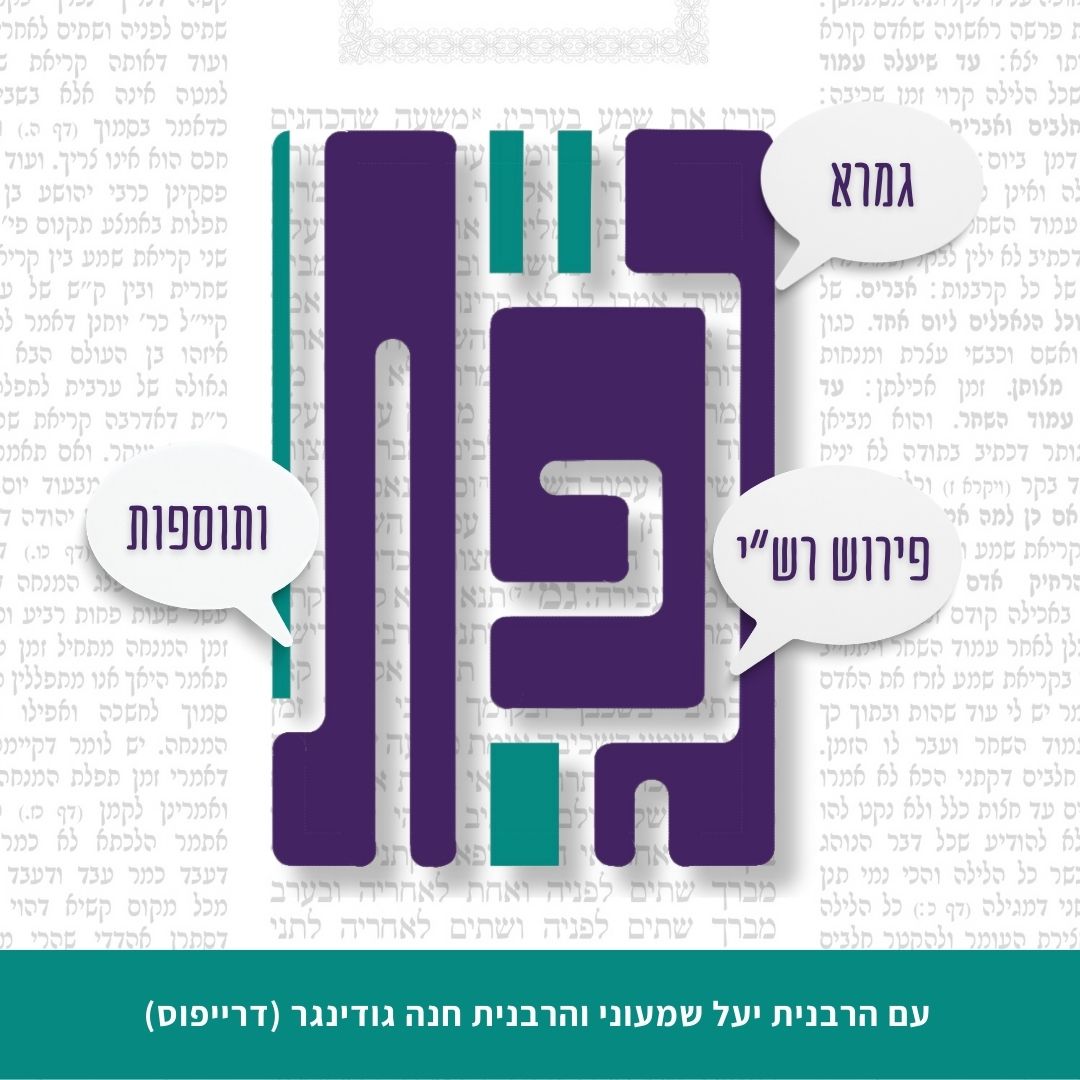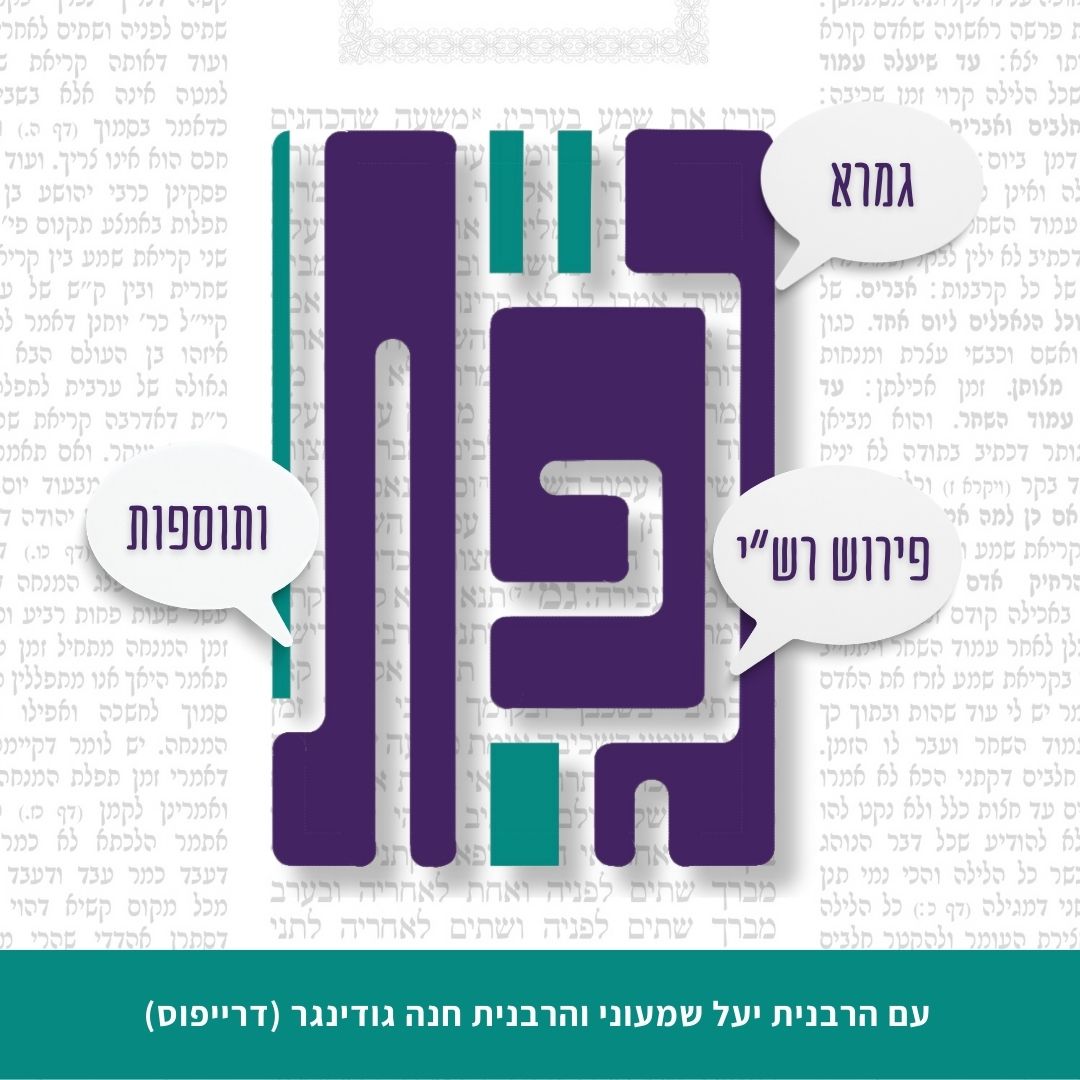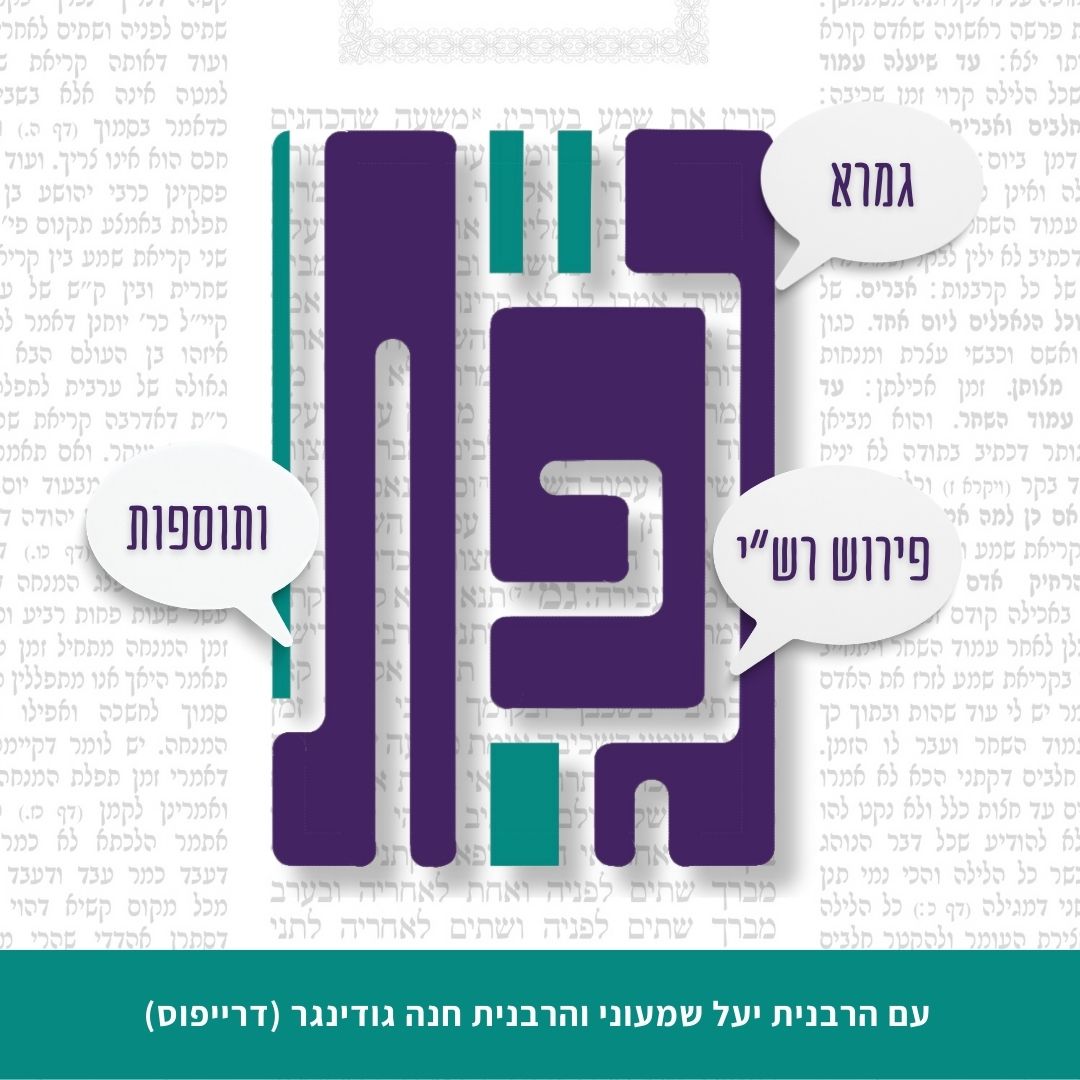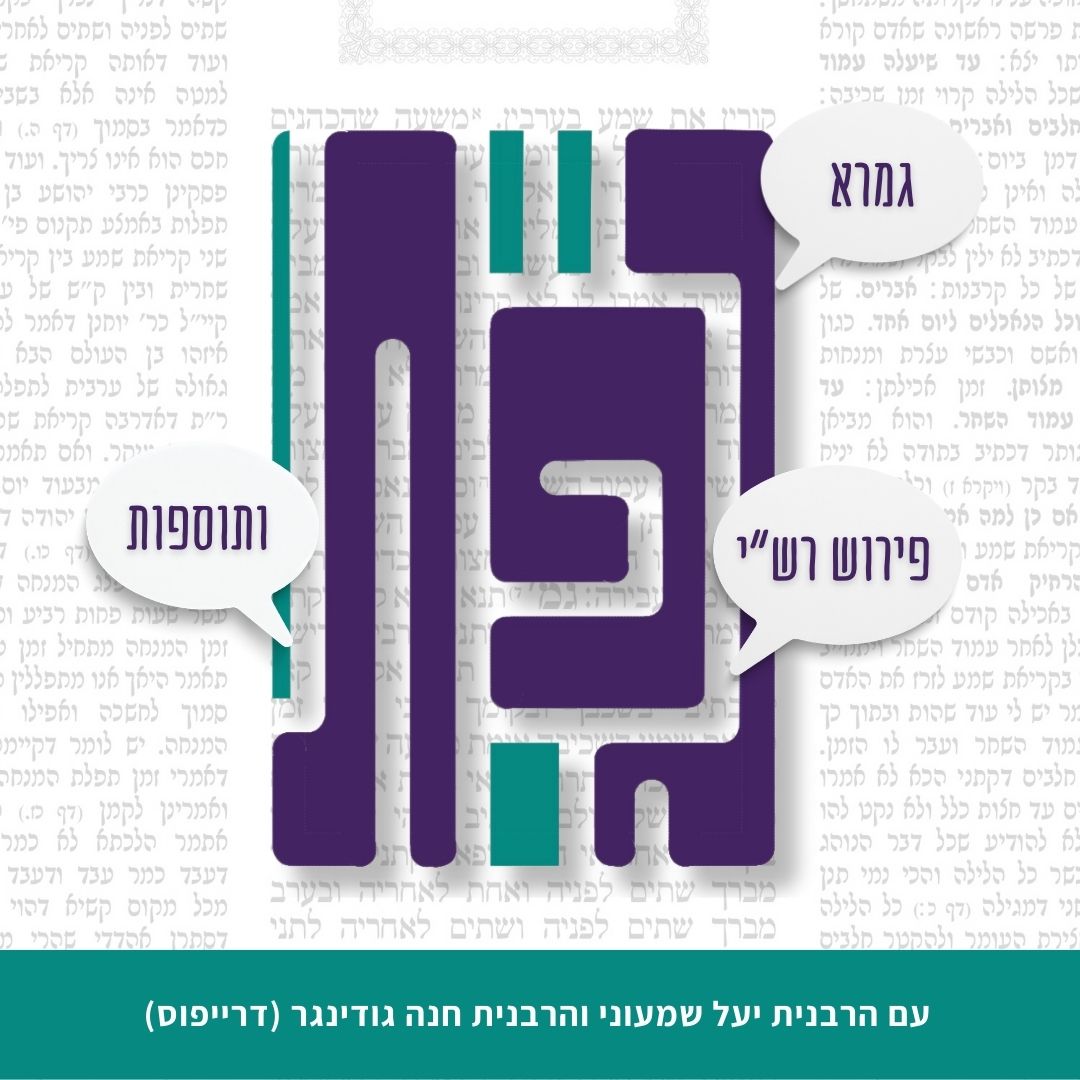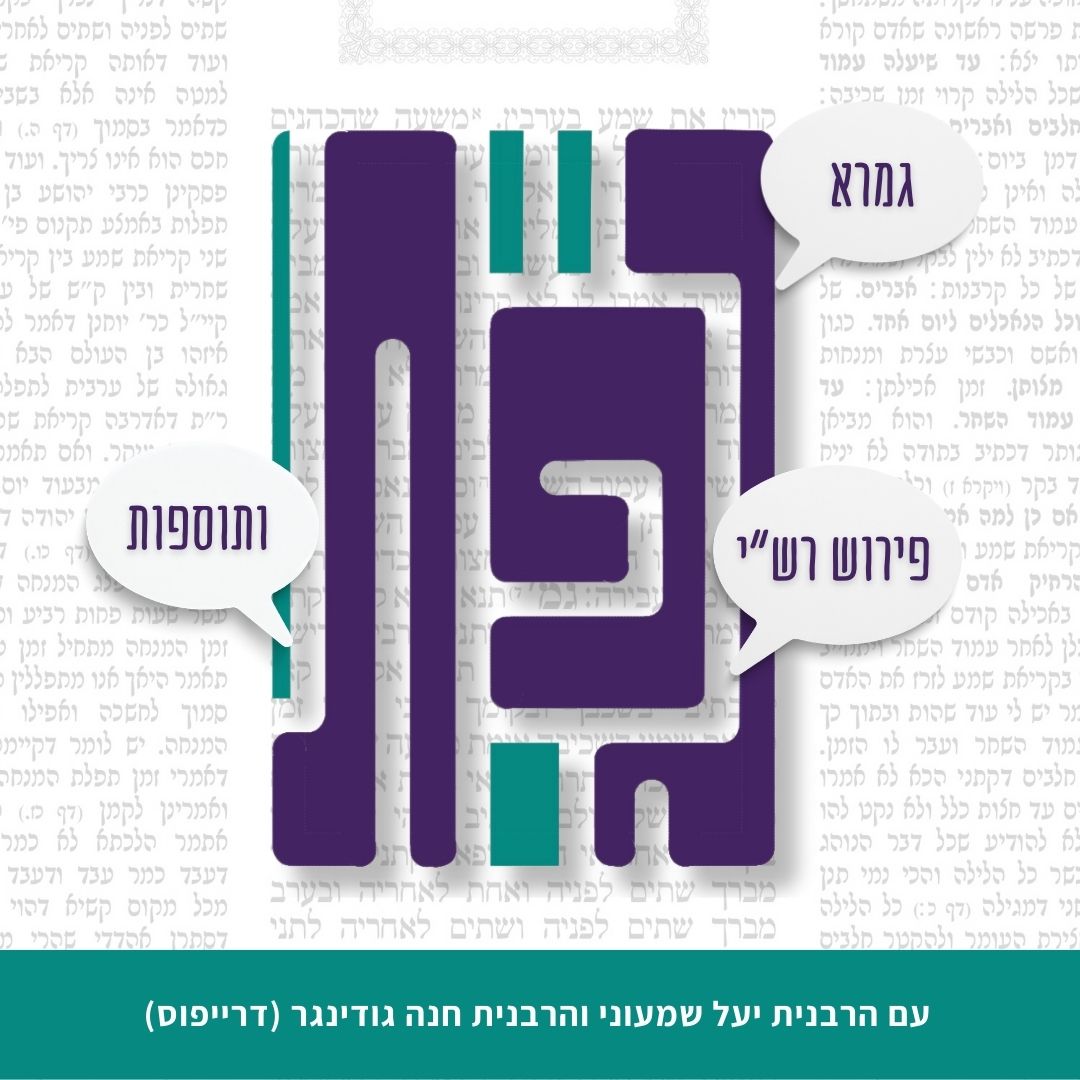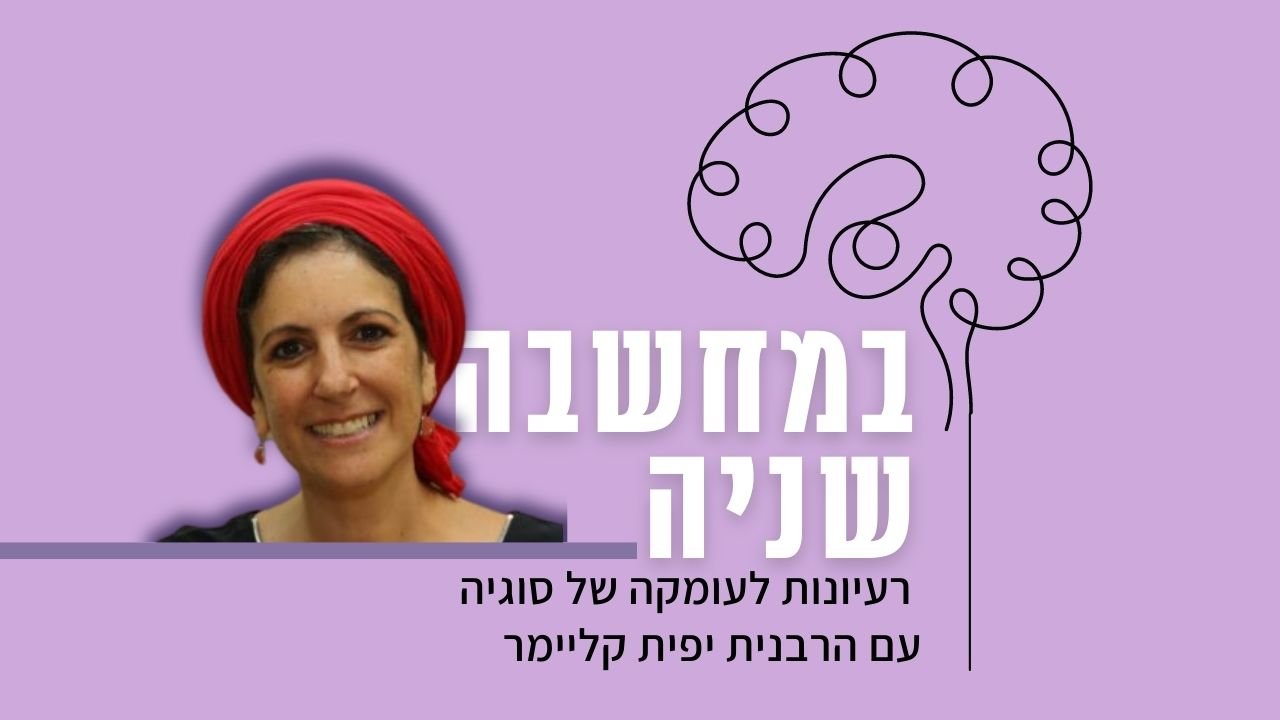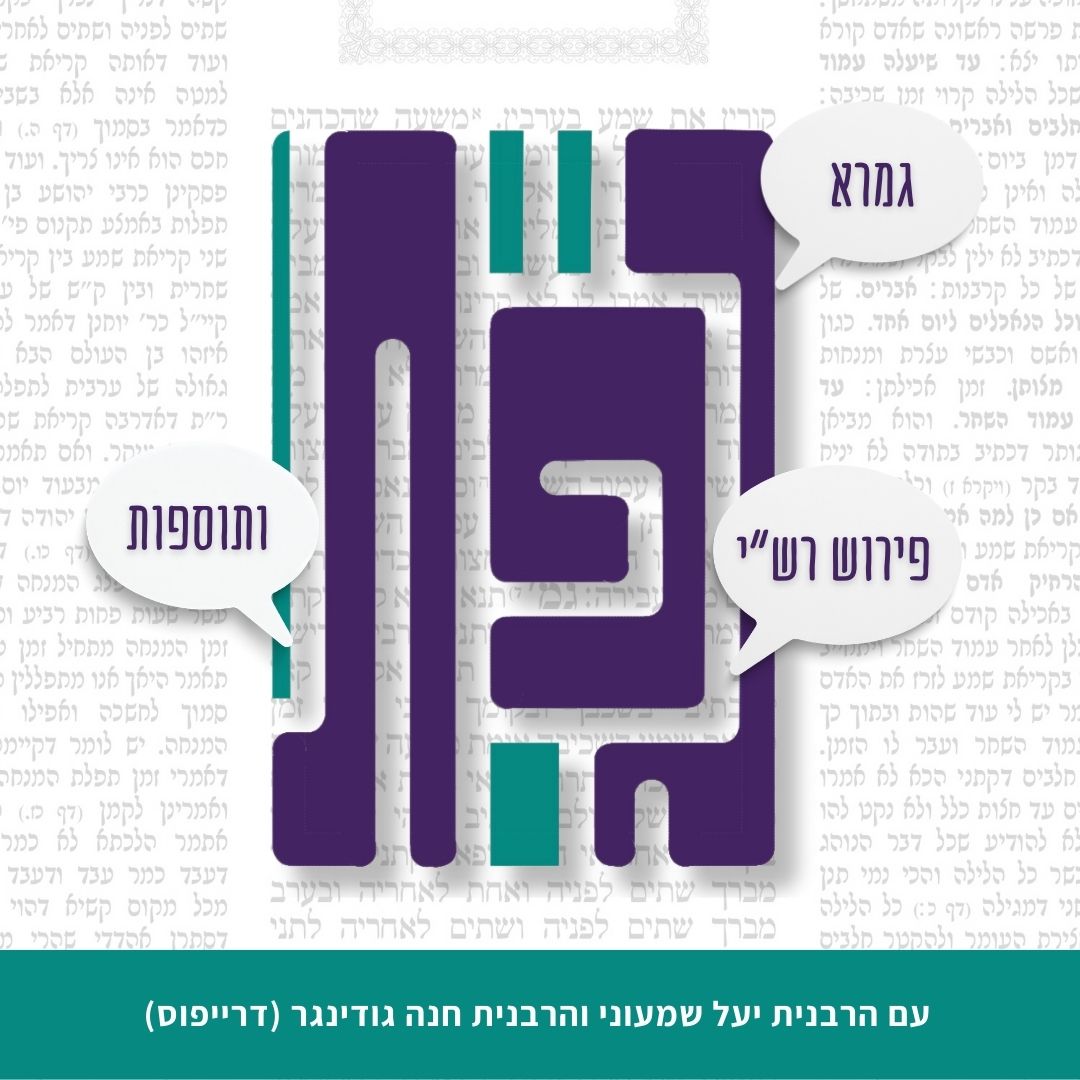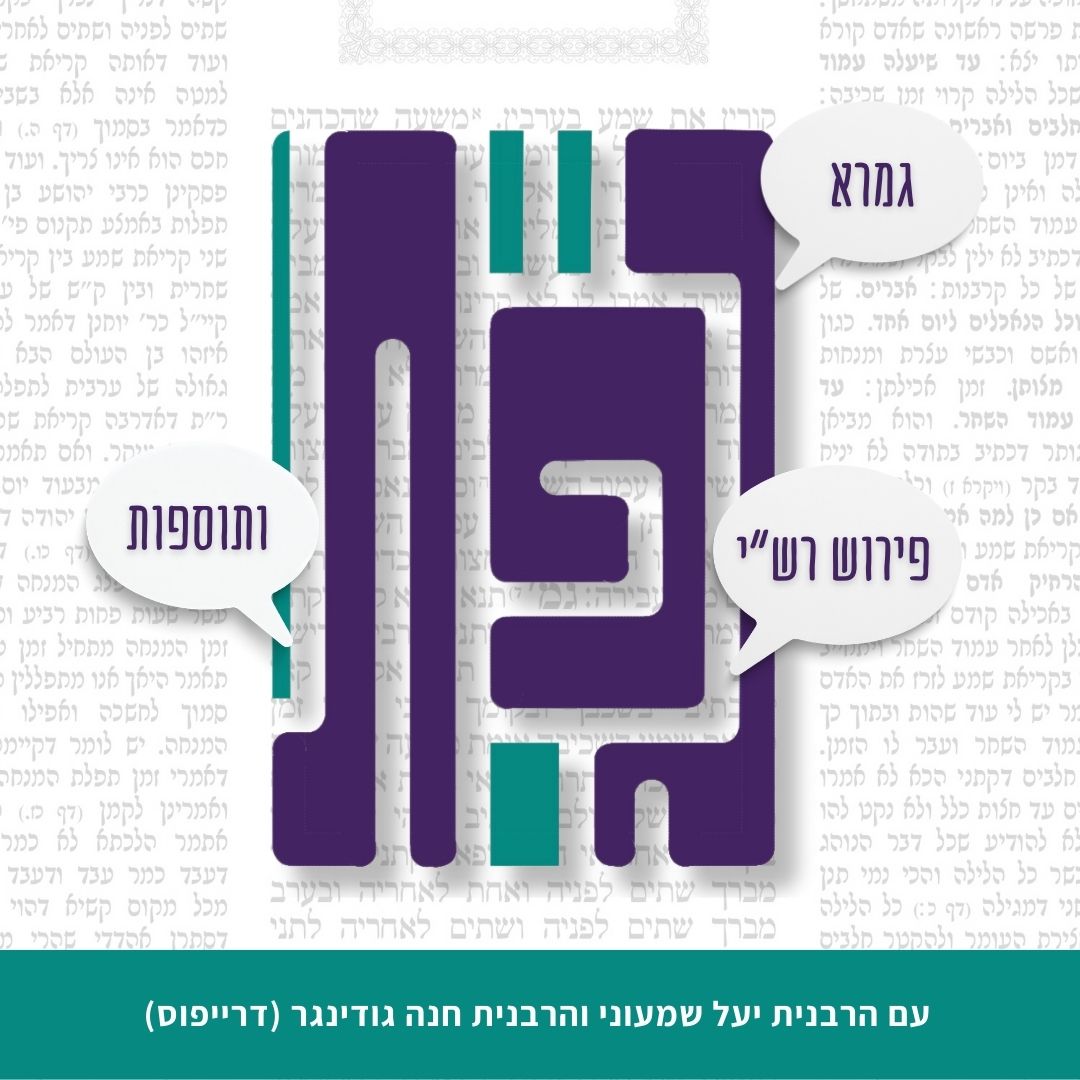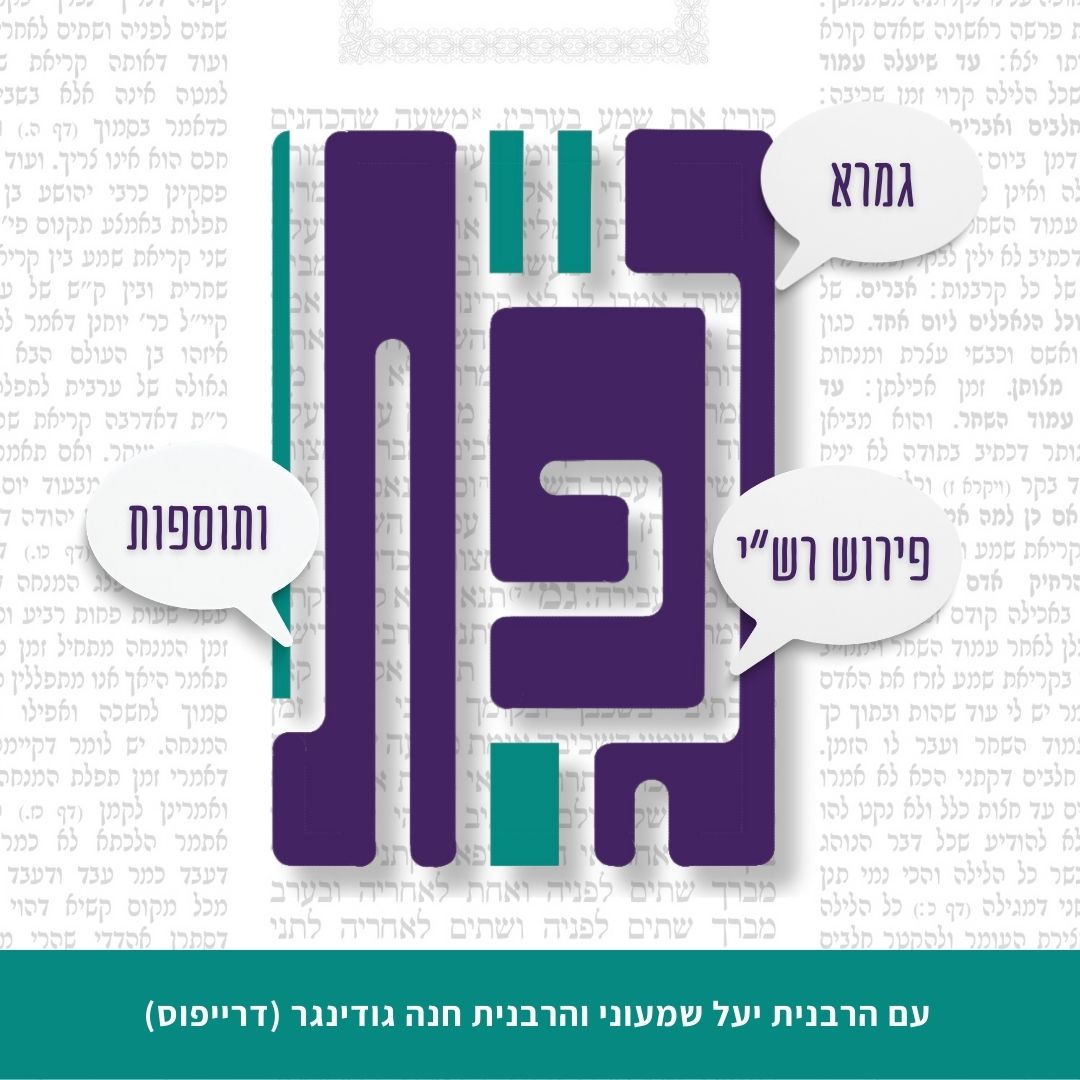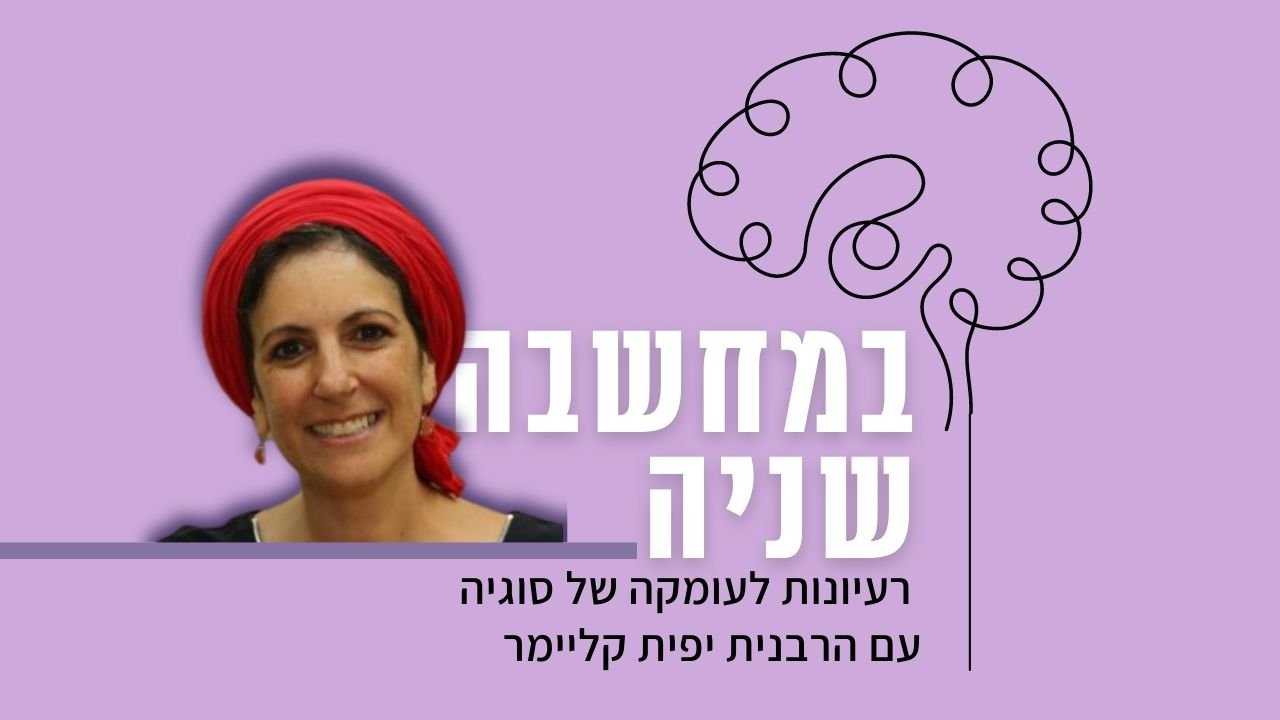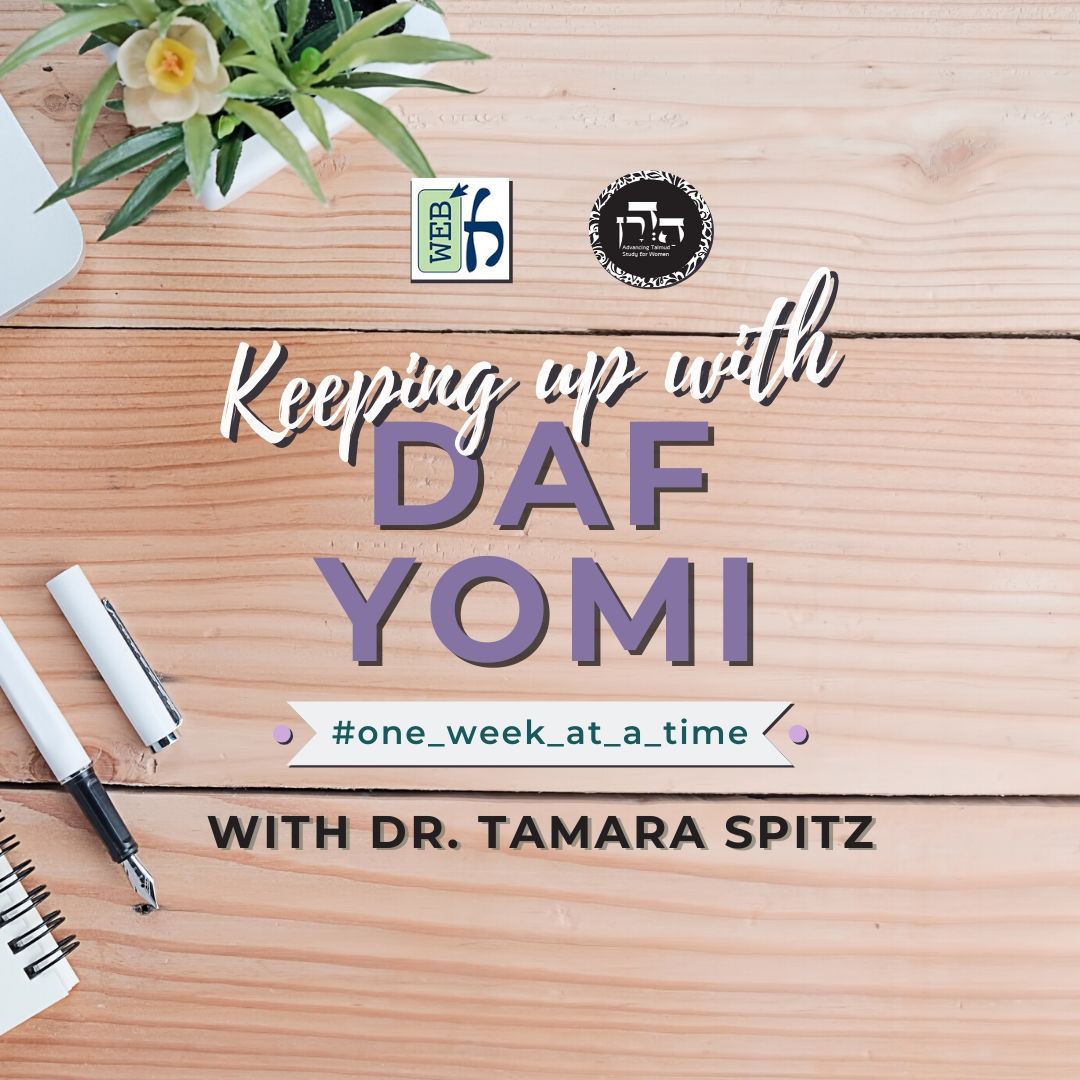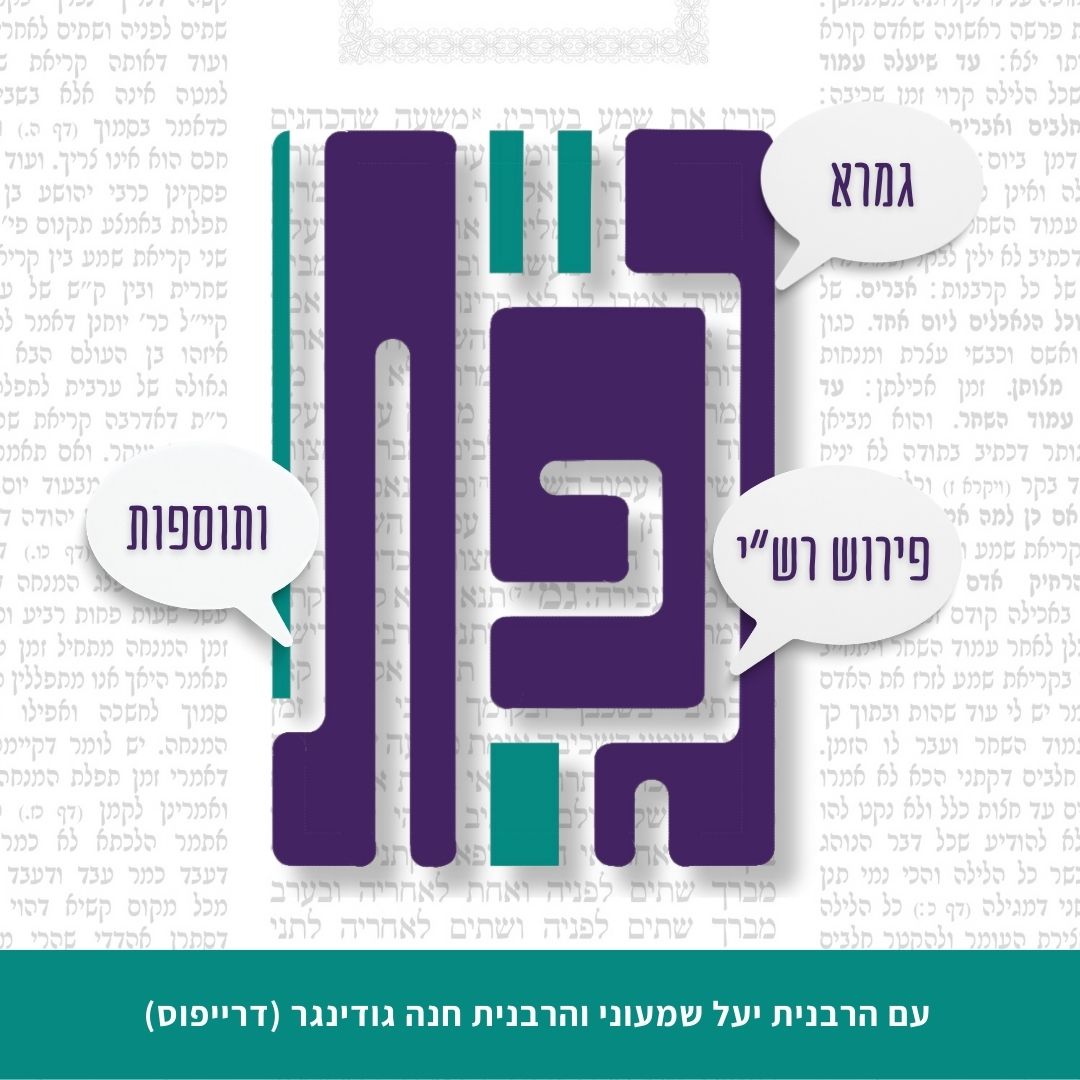בבא מציעא טו
שֶׁנְּטָלוּהָ מַסִּיקִין, בָּא נִגְזָל לִגְבּוֹת קֶרֶן – גּוֹבֶה מִנְּכָסִים מְשׁוּעְבָּדִים, בָּא נִגְזָל לִגְבּוֹת פֵּירוֹת – גּוֹבֶה מִנְּכָסִים בְּנֵי חוֹרִין.
gentile thugs took the field from the robber by force due to previous dealings between them. In that case, when the robbery victim comes to collect the principal, he collects it from liened property, and when the robbery victim comes to collect payment for the produce, he can collect only from unsold property.
רָבָא לָא אָמַר כְּרַבָּה בַּר רַב הוּנָא: ״הֲרֵי הִיא יוֹצְאָה מִתַּחַת יָדוֹ״ – בְּדִינָא מַשְׁמַע. וְרַבָּה בַּר רַב הוּנָא לָא אָמַר כְּרָבָא: ״הֲרֵי הִיא יוֹצְאָה מִתַּחַת יָדוֹ״ – בְּעֵינָא מַשְׁמַע.
The Gemara explains: Rava did not state his explanation of the baraita in accordance with the explanation of Rabba bar Rav Huna, because the phrase: It is appropriated from his possession, indicates that the field was taken from him legally and not by thugs. And Rabba bar Rav Huna did not state his explanation of the baraita in accordance with the explanation of Rava, because the phrase: It is appropriated from his possession, indicates that the field is appropriated in its unadulterated form, and was not damaged.
רַב אָשֵׁי אָמַר: לִצְדָדִין קָתָנֵי, כְּגוֹן שֶׁגָּזַל שָׂדֶה מֵחֲבֵירוֹ מְלֵאָה פֵּירוֹת וְאָכַל אֶת הַפֵּירוֹת וּמָכַר אֶת הַשָּׂדֶה, בָּא לוֹקֵחַ לִגְבּוֹת קֶרֶן – גּוֹבֶה מִנְּכָסִים מְשׁוּעְבָּדִים. בָּא נִגְזָל לִגְבּוֹת פֵּירוֹת – גּוֹבֶה מִנְּכָסִים בְּנֵי חוֹרִין.
Rav Ashi stated that the baraita teaches its rulings disjunctively. According to Rav Ashi, the baraita is referring to a case where one robbed another of a field while it was full of produce, and he consumed the produce and sold the field. When, after the true owner recovers the field from purchaser, the purchaser comes to collect the principal from the robber, i.e., the amount that he paid for the field, he collects it from the robber’s liened property. When the robbery victim comes to collect payment for the produce, he collects only from unsold property.
בֵּין לְרָבָא בֵּין לְרַבָּה בַּר רַב הוּנָא, מִלְוָה עַל פֶּה הוּא, וּמִלְוָה עַל פֶּה אֵינוֹ גּוֹבֶה מִנְּכָסִים מְשׁוּעְבָּדִים!
The Gemara raises a difficulty: According to both Rava and Rabba bar Rav Huna, the money that the robber owes the robbery victim has the status of a loan by oral agreement, as it is not accompanied by documentation, and one who is owed a loan by oral agreement cannot collect from liened property.
הָכָא בְּמַאי עָסְקִינַן – כְּשֶׁעָמַד בַּדִּין וַהֲדַר זַבֵּין.
The Gemara answers: Here we are dealing with a case where the robber stood trial for his robbery and was found guilty, and he subsequently sold the land. Since he sold it after his liability was well known, the debt is equivalent to one that is written in a promissory note, and can be collected from liened property.
אִי הָכִי, פֵּירוֹת נָמֵי! כְּשֶׁעָמַד בַּדִּין עַל הַקֶּרֶן, וְלֹא עָמַד בַּדִּין עַל הַפֵּירוֹת. וּמַאי פַּסְקָא? סְתָמָא דְמִילְּתָא כִּי תָּבַע אִינִישׁ – קַרְנָא תָּבַע בְּרֵישָׁא.
The Gemara asks: If so, the owner should collect payment for the produce as well from liened property. The Gemara answers: It is referring to a case when the robber stood trial for the principal, but did not yet stand trial for the produce. The Gemara asks: And why was it stated without qualification? According to this explanation, the distinction is not between the principal and the produce but rather between debts for which the robber stood trial and those for which he did not stand trial. The Gemara answers: The normal way of things is that when a person files a claim, he first claims the principal and only afterward does he file claims with regard to other property, such as produce.
וְסָבַר שְׁמוּאֵל לוֹקֵחַ מִגַּזְלָן לֵית לֵיהּ שְׁבָחָא?
§ The Gemara questions the statement that Rav Naḥman cited in Shmuel’s name: But does Shmuel hold that one who buys land from a robber does not have the right to the value of the enhancement of the land?
וְהָא אֲמַר לֵיהּ שְׁמוּאֵל לְרַב חִינָּנָא בַּר שִׁילַת: אִמְּלֵיךְ, וּכְתוֹב ״שׁוּפְרָא שְׁבָחָא וּפֵירֵי״.
But didn’t Shmuel say to Rav Ḥinnana bar Sheilat, who was a scribe: When you write a deed of sale, consult with the parties, and if they agree, write that the seller commits to compensate the buyer, in the event that the land is appropriated from him, with superior-quality land, and for the value of the enhancement of the land and the produce as well? That was the standard formula for deeds of sale.
בְּמַאי? אִי בְּבַעַל חוֹב – מִי אִית לֵיהּ פֵּירֵי? וְהָאָמַר שְׁמוּאֵל: בַּעַל חוֹב גּוֹבֶה אֶת הַשֶּׁבַח, שֶׁבַח – אִין, אֲבָל פֵּירוֹת – לָא. אֶלָּא לָאו, בְּלוֹקֵחַ מִגַּזְלָן!
The Gemara clarifies: To what case is this statement referring? If it is a case where the seller’s creditor repossesses the land, does a creditor have rights to the produce? But doesn’t Shmuel say that a creditor collects the value of the enhancement of the field, indicating that he does collect the value of the enhancement, but he does not collect the produce? Rather, is it not referring to a case of one who buys land from a robber, and the owner subsequently repossesses it? This contradicts Shmuel’s earlier statement that one who buys land from a robber does not have the right to the value of the enhancement.
אָמַר רַב יוֹסֵף: הָכָא בְּמַאי עָסְקִינַן – כְּגוֹן שֶׁיֵּשׁ לוֹ קַרְקַע.
Rav Yosef said: Here we are dealing with a case where the robber owns land, which he can return to the buyer instead of paying him money. In that case, the transaction appears to be a sale and not payment of interest for a loan.
אֲמַר לֵיהּ אַבָּיֵי: וְכִי מוּתָּר לִלְוֹת סְאָה בִּסְאָה בִּמְקוֹם שֶׁיֵּשׁ לוֹ קַרְקַע?
Abaye said to him: But is it permitted for one to borrow a se’a of grain for return of a se’a in a case where he owns land? The Sages render prohibited executing a loan of produce for return of the same amount of produce, lest the price rise in the interim, causing the debtor to return a higher value than he borrowed, which appears to be interest. This is the halakha even in a case where the borrower owns land. Similarly, in the case where the robber owns land, the payment of the value of the enhancement resembles the payment of interest.
אֲמַר לֵיהּ, הָתָם הַלְוָאָה, הָכָא זְבִינֵי.
Rav Yosef said to him: The distinction between the two cases is that there, with regard to borrowing a se’a and returning a se’a, the case in question involves a loan, whereas here, it is a case involving a sale. Since the field was bought from the robber, the additional value that the robber pays does not appear to be interest.
אִיכָּא דְּאָמְרִי, אָמַר רַב יוֹסֵף: הָכָא בְּמַאי עָסְקִינַן – כְּגוֹן שֶׁקָּנוּ מִיָּדוֹ.
There are those who say that this is what Rav Yosef said: Here we are dealing with a case where the buyer performed an act of acquisition at the time he purchased the land from the robber’s possession, thereby formalizing a condition that should the field be appropriated from him, he will be reimbursed for any enhancement in its value. Since he acquired this right at the time of the purchase, it does not appear as though he is receiving interest.
אֲמַר לֵיהּ אַבָּיֵי: וְכִי מוּתָּר לִלְוֹת סְאָה בִּסְאָה בִּמְקוֹם שֶׁקָּנוּ מִיָּדוֹ?
Abaye said to him: But is it permitted for one to borrow a se’a for a se’a in a case where he performed an act of acquisition formalizing such a condition at the time he purchased the land from the lender’s possession? Isn’t it still considered to be interest and therefore prohibited?
אֲמַר לֵיהּ: הָתָם הַלְוָאָה, וְהָכָא זְבִינֵי.
Rav Yosef said to him: There, with regard to borrowing a se’a and returning a se’a, it is a case involving a loan, whereas here it is a case involving a sale. Buying at a low price and selling for a higher price is not considered to be interest.
גּוּפָא, אָמַר שְׁמוּאֵל: בַּעַל חוֹב גּוֹבֶה אֶת הַשֶּׁבַח. אָמַר רָבָא: תֵּדַע, שֶׁכָּךְ כּוֹתֵב לוֹ מוֹכֵר לַלּוֹקֵחַ: ״אֲנָא אֵיקוּם וַאֲשַׁפֵּי וַאֲדַכֵּי וַאֲמָרֵיק זְבִינֵי אִילֵּין, אִינּוּן וְעַמְלֵיהוֹן וּשְׁבָחֵיהוֹן, וְאֵיקוּם קֳדָמָךְ, וּצְבִי זָבֹינָא דְּנַן וְקַבֵּיל עֲלוֹהִי״.
The Gemara returns to discuss Shmuel’s statement itself that was mentioned above. Shmuel says: A creditor collects the value of the enhancement of the land. Rava says: Know that this is true, as this is the standard formulation that the seller writes to the buyer in a deed of sale: I will stand and silence and purify and cleanse this sale, i.e., I accept responsibility if the land is repossessed by my creditor. The text of the document continues: This applies to this property itself, and the labor invested in it, and its enhancement; and I will present its value before you. The witnesses then sign the document and attest: And this seller consented and accepted upon himself all of the commitments enumerated in the document. Evidently, a creditor can collect the value of the enhancement.
אֲמַר לֵיהּ רַב חִיָּיא בַּר אָבִין לְרָבָא: אֶלָּא מֵעַתָּה מַתָּנָה דְּלָא כָּתֵיב לֵיהּ הָכִי, הָכִי נָמֵי דְּלָא טָרֵיף שְׁבָחָא?! אֲמַר לֵיהּ: אִין.
Rav Ḥiyya bar Avin said to Rava: If that is so, in the case of a gift, where the owner does not write this formulation to the recipient in the deed of gift, would you indeed say that the creditor does not repossess the value of the enhancement of the land from the recipient of the gift? Rava said to him: Indeed.
וְכִי יָפֶה כֹּחַ מַתָּנָה מִמֶּכֶר? אֲמַר לֵיהּ: אִין יָפֶה וְיָפֶה.
Rav Ḥiyya bar Avin said to Rava: But is the legal power of a gift stronger than that of a sale, as in the case of a sale the buyer loses the value of the enhancement if the land is repossessed? Rava said to him: Yes, it is indeed stronger. Since in a case of repossession, the recipient of the gift does not receive the value of the enhancement back from the one who gave him the gift, he is under no obligation to relinquish this value to the creditor.
אָמַר רַב נַחְמָן: הָא מַתְנִיתָא מְסַיַּיע לֵיהּ לְמָר שְׁמוּאֵל, וְהוּנָא חַבְרִין מוֹקֵים לַהּ בְּמִילֵּי אַחֲרִינֵי. דְּתַנְיָא: הַמּוֹכֵר שָׂדֶה לַחֲבֵירוֹ, וַהֲרֵי הִיא יוֹצְאָה מִתַּחַת יָדוֹ, כְּשֶׁהוּא גּוֹבֶה – גּוֹבֶה אֶת הַקֶּרֶן מִנְּכָסִים מְשׁוּעְבָּדִים, וְשֶׁבַח גּוֹבֶה מִנְּכָסִים בְּנֵי חוֹרִין.
Rav Naḥman said: This following baraita supports the opinion of Mar Shmuel; but our colleague, Rav Huna, interprets it as referring to other matters, so it does not support Shmuel’s opinion. As it is taught in a baraita: With regard to a case of one who sells a field to another, and it is appropriated from the buyer’s possession, as it was liened to the seller’s debt, when the buyer then collects compensation from the seller, he collects the principal from liened property, and he collects the enhancement from unsold property. Evidently, the value of the enhancement is also repossessed by the creditor.
וְהוּנָא חַבְרִין מוֹקֵים לַהּ בְּמִילֵּי אַחֲרִינֵי, בְּלוֹקֵחַ מִגַּזְלָן.
But our colleague, Rav Huna, interprets it as referring to other matters, i.e., to the case of one who buys a field from a robber. In that case, the robbery victim is certainly entitled to the value of the enhancement of the land.
תַּנְיָא אִידַּךְ: הַמּוֹכֵר שָׂדֶה לַחֲבֵירוֹ וְהִשְׁבִּיחָהּ, וּבָא בַּעַל חוֹב וּטְרָפָהּ, כְּשֶׁהוּא גּוֹבֶה, אִם הַשֶּׁבַח יוֹתֵר עַל הַיְּצִיאָה – נוֹטֵל אֶת הַשֶּׁבַח מִבַּעַל הַקַּרְקַע, וְהַיְּצִיאָה מִבַּעַל חוֹב. וְאִם הַיְּצִיאָה יְתֵירָה עַל הַשֶּׁבַח – אֵין לוֹ אֶלָּא הוֹצָאָה שִׁיעוּר שֶׁבַח מִבַּעַל חוֹב.
It is taught in another baraita: In a case of one who sells a field to another, and the buyer enhances it, and then a creditor comes and repossesses the field, in this case when the buyer collects compensation, the halakha is as follows: If the value of the enhancement of the field is greater than the buyer’s expenses in generating that enhancement, he takes the difference in value between the enhancement and the expenses from the owner of the land, i.e., the seller, and he is compensated for the expenses by the creditor. And if the expenses were greater than the enhancement of the field, he receives compensation for his expenses, only up to the value of the enhancement, from the creditor.
וְהָא שְׁמוּאֵל בְּמַאי מוֹקֵים לַהּ? אִי בְּלוֹקֵחַ מִגַּזְלָן – קַשְׁיָא רֵישָׁא, דְּאָמַר שְׁמוּאֵל: לוֹקֵחַ מִגַּזְלָן לֵית לֵיהּ שְׁבָחָא. אִי בְּבַעַל חוֹב – קַשְׁיָא רֵישָׁא וְסֵיפָא, דְּאָמַר שְׁמוּאֵל: בַּעַל חוֹב גּוֹבֶה אֶת הַשֶּׁבַח!
The Gemara asks: But how does Shmuel interpret the baraita? If it is referring to one who buys a field from a robber, the first clause in the baraita poses a difficulty to Shmuel’s opinion, as Shmuel says that one who buys a field from a robber does not have the right to compensation for the enhancement of the field, and the baraita states that the buyer is entitled to compensation for the enhancement. If it is referring to a creditor, then both the first clause and the latter clause in the baraita pose a difficulty to Shmuel’s opinion, as Shmuel says that a creditor collects the enhancement of the field and needs to pay nothing.
אִיבָּעֵית אֵימָא בְּלוֹקֵחַ מִגַּזְלָן, כְּגוֹן שֶׁיֵּשׁ לוֹ קַרְקַע. אִי נָמֵי בְּשֶׁקָּנוּ מִיָּדוֹ.
The Gemara suggests two answers: If you wish, say that the baraita is referring to one who buys a field from a robber, in a case where the robber owns land with which he can compensate the buyer instead of paying him money. In that case, the compensation does not appear to be interest. Alternatively, it is referring to a case where the buyer performed an act of acquisition at the time he purchased the land from the robber’s possession, thereby formalizing a condition that should the field be appropriated from him, he will be reimbursed for any enhancement in its value. Since the buyer acquired the enhancement at the time he paid for the field, it does not appear as if he is receiving interest.
אִיבָּעֵית אֵימָא בְּבַעַל חוֹב. וְלָא קַשְׁיָא: כָּאן בְּשֶׁבַח
If you wish, say instead that it is referring to a creditor, but nevertheless it is not difficult according to the opinion of Shmuel. Here, in the baraita, the reference is to enhancement
הַמַּגִּיעַ לַכְּתֵפַיִם, כָּאן בְּשֶׁבַח שֶׁאֵינוֹ מַגִּיעַ לַכְּתֵפַיִם.
of the field that reaches one’s shoulders, i.e., the produce that grew due to the improvements made by the purchaser is almost fully grown and ripened, and it can soon be harvested and carried upon one’s shoulders. At that point, the produce is considered independent of the land and is therefore not collected by the creditor unless he pays for the expenses. And there, in Shmuel’s statement that the creditor collects the enhancement without paying compensation, the reference is to enhancement that does not reach one’s shoulders, i.e., whose growth is not almost complete. At that point, the produce is considered to be part of the land.
וְהָא מַעֲשִׂים בְּכׇל יוֹם, וְקָא מַגְבֵּי שְׁמוּאֵל אֲפִילּוּ בְּשֶׁבַח הַמַּגִּיעַ לִכְתֵפַיִם!
The Gemara asks: But there were daily incidents of this type, and Shmuel would collect payment from buyers even for enhancement that reaches one’s shoulders, without requiring the creditors to compensate them for their expenses.
לָא קַשְׁיָא: הָא דְּמַסֵּיק בֵּיהּ כְּשִׁיעוּר אַרְעָא וּשְׁבָחָא. הָא דְּלָא מַסֵּיק בֵּיהּ אֶלָּא כְּשִׁיעוּר אַרְעָא, דְּיָהֵיב לֵיהּ שְׁבָחֵיהּ וּמְסַלֵּיק לֵיהּ.
The Gemara answers that this is not difficult; these instances when Shmuel did not require the creditor to compensate the purchaser were cases where the creditor was owed by the debtor the same amount of money as the value of the land and the enhancement. That baraita, which states that the creditor must compensate the purchaser for the enhancement, is referring to a case where he was owed by the debtor only the same amount of money as the value of the land, without the enhancement, as in this case the creditor gives the buyer the value of his enhancement to the land and thereby dismisses from the buyer any claim to the land.
הָנִיחָא לְמַאן דְּאָמַר: אִי אִית לֵיהּ זוּזֵי לְלוֹקֵחַ לָא מָצֵי מְסַלֵּיק לֵיהּ לְבַעַל חוֹב, שַׁפִּיר. אֶלָּא לְמַאן דְּאָמַר כִּי אִית לֵיהּ זוּזֵי לְלוֹקֵחַ מָצֵי מְסַלֵּיק לֵיהּ לְבַעַל חוֹב, נֵימָא לֵיהּ: אִילּוּ הֲוָה לִי זוּזֵי, הֲוָה מְסַלְּקִינָּךְ מִכּוּלַּהּ אַרְעָא, הַשְׁתָּא דְּלֵית לִי זוּזֵי, הַב לִי גְּרִבָא דְאַרְעָא (בְּאַרְעָא) [בְּהָא אַרְעָא] שִׁיעוּר שְׁבָחַאי!
The Gemara asks: This works out well according to the one who says that even if the purchaser has money, he is unable to dismiss the creditor from his claim to the land by paying its value. But according to the one who says that when the purchaser has money he can dismiss the creditor by paying the value of the land, let the purchaser say to him: If I had money, I would have dismissed you from the entire plot of land. Now that I do not have enough money to pay off the entire debt, give me at least a se’a of land from the land that you wish to repossess, which is the amount of my enhancement.
הָכָא בְּמַאי עָסְקִינַן – כְּגוֹן שֶׁעֲשָׂאוֹ אַפּוֹתֵיקֵי. דַּאֲמַר לֵיהּ: לֹא יְהֵא לְךָ פֵּרָעוֹן אֶלָּא מִזּוֹ.
The Gemara answers: Here we are dealing with a case where the debtor, who sold this land to the purchaser, set aside his land as designated repayment [apoteiki] for the debt, as he said to the creditor: You will be repaid only from this piece of land. Consequently, the buyer cannot dismiss the creditor from any part of the land, even though he enhanced its value.
הִכִּיר בָּהּ שֶׁאֵינָהּ שֶׁלּוֹ וּלְקָחָהּ, אָמַר רַב: מָעוֹת יֵשׁ לוֹ, שֶׁבַח אֵין לוֹ. וּשְׁמוּאֵל אָמַר: אֲפִילּוּ מָעוֹת אֵין לוֹ.
§ In a case where one who bought a field from a robber recognized that it was not the seller’s, i.e., he knew that it was stolen property, but he purchased it nevertheless, when the true owner repossesses the field Rav says that the purchaser has the right to be reimbursed for the money that he paid for the field, but he does not have the right to be reimbursed for the enhancement of the field in his possession. And Shmuel says that he does not have the right to be reimbursed even for the money he paid for the field, as he knew that the sale was invalid.
בְּמַאי קָמִיפַּלְגִי? רַב סָבַר: אָדָם יוֹדֵעַ שֶׁקַּרְקַע אֵין לוֹ, וְגָמַר וְנָתַן לְשׁוּם פִּקָּדוֹן. וְנֵימָא לֵיהּ לְשׁוּם פִּקָּדוֹן! סָבַר לָא מְקַבֵּל.
The Gemara asks: With regard to what principle do Rav and Shmuel disagree? The Gemara answers: Rav holds that such a person knows that the sale is invalid and that he does not have the right to the land, and therefore he clearly resolved to give the money to the seller as a deposit. The Gemara asks: But if that is his objective, let him say to the seller explicitly that he is giving him the money as a deposit. The Gemara answers: The purchaser thought that the seller would not accept it as a deposit, and therefore he gave it to him in this fashion so that he would hold it for him in the interim.
וּשְׁמוּאֵל סָבַר: אָדָם יוֹדֵעַ שֶׁקַּרְקַע אֵין לוֹ, וְגָמַר וְנָתַן לְשׁוּם מַתָּנָה. וְנֵימָא לֵיהּ לְשׁוּם מַתָּנָה! כְּסִיפָא לֵיהּ מִילְּתָא.
And Shmuel holds that such a person knows that he does not have the right to the land, and therefore he clearly resolved to give the money to the seller as a gift. The Gemara asks: But if so, let him say to the seller that he is giving him the money as a gift. The Gemara answers: If he would say so explicitly, the matter would be embarrassing for the seller. Therefore, the purchaser used this ploy in order to give a gift to the seller.
וְהָא פְּלִיגִי בַּיהּ חֲדָא זִימְנָא, דְּאִיתְּמַר: הַמְקַדֵּשׁ אֶת אֲחוֹתוֹ, רַב אָמַר: מָעוֹת חוֹזְרִין, וּשְׁמוּאֵל אָמַר: מָעוֹת מַתָּנָה. רַב אָמַר: מָעוֹת חוֹזְרִין, אָדָם יוֹדֵעַ שֶׁאֵין קִידּוּשִׁין תּוֹפְסִין בַּאֲחוֹתוֹ, וְגָמַר וְנָתַן לְשׁוּם פִּקָּדוֹן. וְנֵימָא לַהּ לְשׁוּם פִּקָּדוֹן! סָבַר לָא מְקַבְּלָה מִינֵּיהּ.
The Gemara asks: But didn’t Rav and Shmuel already disagree about this principle one time? As it was stated concerning one who betroths his sister: Rav says: The money he gave for the betrothal is returned, since the betrothal does not take effect; and Shmuel says: This money is a gift, meaning that he wished to give a gift to his sister and he did so in this manner. Rav says: The money must be returned since a person knows that betrothal does not take effect with his sister, and he decided to give the money to her for the purpose of a deposit. The Gemara raises a difficulty: And let him explicitly say to her that he is giving her the money for the purpose of a deposit. The Gemara answers: He thought she would not accept it from him.
וּשְׁמוּאֵל אָמַר: מָעוֹת מַתָּנָה – אָדָם יוֹדֵעַ שֶׁאֵין קִידּוּשִׁין תּוֹפְסִין בַּאֲחוֹתוֹ, וְגָמַר וְנָתַן לְשׁוּם מַתָּנָה. וְנֵימָא לָהּ לְשׁוּם מַתָּנָה! כְּסִיפָא לַהּ מִילְּתָא
And Shmuel says: The money is considered to be a gift because a person knows that betrothal does not take effect with his sister, and he decided to give the money to her for the purpose of a gift. The Gemara again raises a difficulty: And let him explicitly say to her that he is giving it to her for the purpose of a gift. The Gemara answers: He thought the matter would be embarrassing to her and she would refuse to accept the money. He therefore attempted to give it her by an alternative method.
צְרִיכָא: דְּאִי אִיתְּמַר בְּהָא, בְּהָא קָאָמַר רַב, דְּלָא עָבְדִי אִינָשֵׁי דְּיָהֲבִי מַתָּנוֹת לְנוּכְרָאָה. אֲבָל גַּבֵּי אֲחוֹתוֹ אֵימָא מוֹדֵה לֵיהּ לִשְׁמוּאֵל.
The Gemara explains: It is necessary to present the disagreement in both instances because if it were stated only with regard to that case, of buying property from a robber, one might have reasoned that it is specifically in that case that Rav says that the money returns to the purchaser, as people do not tend to give gifts to non-relatives, and therefore it is clear that the purchaser intended for the money to be a deposit. But with regard to the case of one who betroths his sister, one might say that Rav concedes to Shmuel that the money was given as a gift. It is therefore necessary to present Rav’s opinion in both cases.
וְאִי אִיתְּמַר בְּהָךְ, בְּהָךְ קָאָמַר שְׁמוּאֵל: אֲבָל בְּהָא אֵימָא מוֹדֶה לֵיהּ לְרַב, צְרִיכָא.
And conversely, if the disagreement were stated only in that case, i.e., betrothal of one’s sister, one might have reasoned that it is only in that case that Shmuel says the money is a gift, but in this case, where the purchaser is a non-relative, one might say that Shmuel concedes to Rav that the money is a deposit. It is therefore necessary to present the disagreement in both instances.
בֵּין לְרַב דְּאָמַר פִּקָּדוֹן, בֵּין לִשְׁמוּאֵל דְּאָמַר מַתָּנָה, הַאי לְאַרְעָא בְּמַאי קָא נָחֵית, וּפֵירוֹת הֵיכִי אָכֵיל?
The Gemara asks: Both according to Rav, who says that the money is a deposit, and according to Shmuel, who says that the money is a gift, when this purchaser takes possession of the land despite knowing that his acquisition is invalid, with what justification does he take possession of the land, and how does he justify consuming its produce?
סָבַר: אֲנָא אֵיחוֹת לְאַרְעָא וְאֶיעְבֵּיד וְאֵיכוֹל בְּגַוַּיהּ כִּי הֵיכִי דַּהֲוָה קָא עָבֵיד אִיהוּ, לְכִי אָתֵי מָרֵיהּ דְּאַרְעָא זוּזַאי נֶהְווֹ, לְרַב דְּאָמַר פִּקָּדוֹן – פִּקָּדוֹן, לִשְׁמוּאֵל דְּאָמַר מַתָּנָה – מַתָּנָה.
The Gemara answers that the purchaser reasons: I will take possession of the land, and work it, and consume the produce that is in it, just as the seller would have done. And when the owner of the land comes and claims it, the money that I paid for it will be designated for a different purpose. According to Rav, who says that the money is a deposit, it will be a deposit, and according to Shmuel, who says that the money is a gift, it will be a gift.
אָמַר רָבָא, הִלְכְתָא: יֵשׁ לוֹ מָעוֹת וְיֵשׁ לוֹ שֶׁבַח, וְאַף עַל פִּי שֶׁלֹּא פֵּירֵשׁ לוֹ אֶת הַשֶּׁבַח. הִכִּיר בָּהּ שֶׁאֵינָהּ שֶׁלּוֹ וּלְקָחָהּ – מָעוֹת יֵשׁ לוֹ, שֶׁבַח אֵין לוֹ.
Rava said: With regard to the aforementioned halakhic disputes, the halakha is that in a case where one bought a field and it turned out to be stolen, the purchaser has the right to demand that the seller return the money he paid for the land, and he also has the right to demand that the seller compensate him for the value of the enhancement, in accordance with the opinion of Rav. And this is the halakha even if the seller did not explicitly obligate himself to compensate him for the enhancement. But if the purchaser recognized that the field was not the seller’s and he purchased it anyway, he has the right to demand that the seller return the money he paid for the land, but he does not have the right to demand compensation for the enhancement, in accordance with the opinion of Rav.
אַחְרָיוּת טָעוּת סוֹפֵר הוּא, בֵּין בִּשְׁטָרֵי הַלְוָאָה, בֵּין בִּשְׁטָרֵי מִקָּח וּמִמְכָּר.
Rava issued another ruling with regard to a dispute cited above: Omission of the guarantee of the sale from the document is a scribal error. This is the halakha both with regard to promissory notes and with regard to deeds of buying and selling, i.e., deeds of sale.
בְּעָא מִינֵּיהּ שְׁמוּאֵל מֵרַב: חָזַר וּלְקָחָהּ מִבְּעָלִים הָרִאשׁוֹנִים, מַהוּ? אֲמַר לֵיהּ: מָה מָכַר לוֹ רִאשׁוֹן לַשֵּׁנִי – כׇּל זְכוּת שֶׁתָּבֹא לְיָדוֹ.
§ Shmuel asked Rav: If one robbed another of a field and sold it, and then purchased it from the original owner, what is the halakha? Can the robber now repossess the field from the person to whom he sold it before he legally owned it? Rav said to him: No, he cannot. What did the first person, the robber, sell to the second person, the purchaser, when he sold him the field? He sold him any rights to the field that will come into his possession. Consequently, the rights that the robber has now acquired are transferred to the purchaser.
מַאי טַעְמָא? מָר זוּטְרָא אָמַר: נִיחָא לֵיהּ דְּלָא נִקְרְיֵיהּ גַּזְלָנָא. רַב אָשֵׁי אָמַר: נִיחָא לֵיהּ דְּלֵיקוּ בְּהֵמָנוּתֵיהּ.
The Gemara asks: What is the reason that the robber would buy the land he had already sold in order to retroactively uphold the sale? Mar Zutra said: It is preferable for him not to be called a robber by the purchaser when the original owner demands he return the field. Rav Ashi said: It is preferable for him to maintain his reliability, i.e., to be considered an honest person.
מַאי בֵּינַיְיהוּ? אִיכָּא בֵּינַיְיהוּ דְּמִית לוֹקֵחַ: מַאן דְּאָמַר נִיחָא לֵיהּ דְּלָא לִקְרְיֵיהּ גַּזְלָנָא –
The Gemara asks: What is the practical difference between these two opinions? The Gemara answers: The practical difference between them is in a case where the purchaser died. According to the one who says that the robber bought it because it is preferable for him not to be called a robber,
